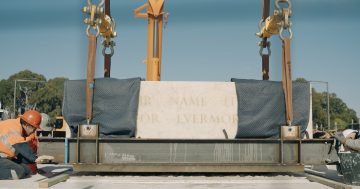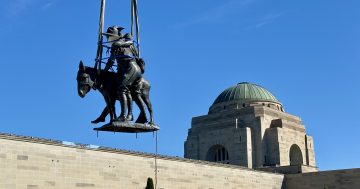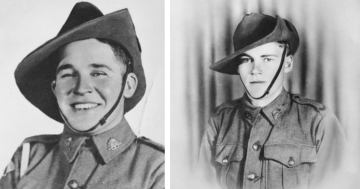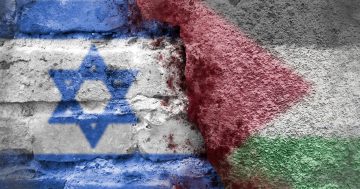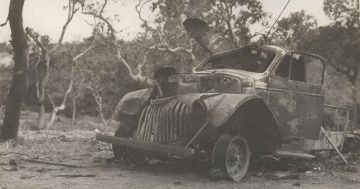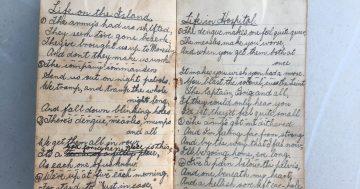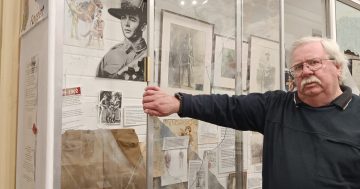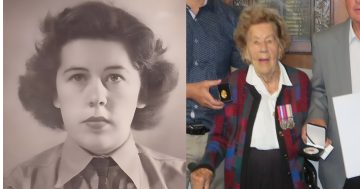
As we continue with the anniversary of World War I in the media and particularly, yesterday, at the Australian War Memorial here in Canberra, I am at a loss to explain my feelings.
My thesaurus doesn’t help. Nobody regards the events of 100 years ago as a celebration but we are reluctant to admit the loss of 60,000 dead as the disaster it was either.
So we use noble phrases like sacrifice and patriotism, defence of democracy and For King and Country – all worthy heartfelt sentiments that obscure, and probably will continue to do so, the horrible unacceptable truth.
Military murder.
There is no doubting the bravery of our young men or their discipline but in so many engagements they were senselessly allowed to be butchered, allowed by those who should have known better and by an obscene historical conspiracy of silence have never been properly held to account.
Two examples: The Nek at Gallipoli, where 300 Australians lost their lives charging Turkish machineguns over 27 metres of open ground, and Fromelles, in France. Here 5000 Australian were killed or wounded charging German machine gun positions over open ground up to 400 metres across.
Which senior officers, the ‘Chateau generals’ as they were derisively known, planned and supported such murder? Why were they not court martialled or cashiered for such dereliction of duty to their men?
Yes, I know attitudes were different then and war was being fought as is usually the case as it had been in former conflicts: wild cavalry charges and the like without regard for improved more deadly weapons. Ignorance was no excuse here however, machine guns had been in use previously with devastating effect.
Security and morale were important, nevertheless such pointless slaughter was known – you cannot take out so many troops without their absence being noted and casualty figures were published back home – yet from the respective commanders above (Hamilton and Haig) nothing was done to address the old tactics which resulted in the bloodbath. Why?
And why did others in senior positions not do something? Were they all committed to the human meat grinder? And what of the politicians? Many UK MPs visited the front line. Was nobody prepared to question the cannon fodder approach consistently employed over four years?
Fortunately subsequent wars did not see the massacres on this scale on our side, although there continued to be inevitable but isolated costly mistakes involving considerable casualties.
Nevertheless a more considered approach to war should not obscure the truth of what really happened in 1914-18 and no amount of jingoism should be allowed to cloud our knowledge of the tragedy and its on-the-ground causes which took place upon those battlefields.
There needs even now to be some acknowledgement of the mistakes made and the consequences. Too often the reason for what occurred is brushed out and the perpetrators overlooked while we concentrate upon mourning the victims.
Lest we Forget for our dead is appropriate, Best we Forget for those many responsible is not.












